One-piece polished steel helmet. It is pierced at the top with five suction holes, the interior of the helmet is black lacquered. Stamped at the back with size "57" and the manufacturer "SIRAUDIN". Steel visor bordered with an 8 mm wide brass strip placed on the outer edge. The underside of the visor is green lacquered. The neck guard is identical to the visor with its black lacquered interior. Brass headband stamped with a radiant sun on a sanded background, H 6.5 cm. In the center, a hunting horn made of German silver is attached (H 3.5 cm, width 4.7 cm). Each chinstrap is made up of 13 alternating copper scales, three or two festoons decreasing in width from 2.4 cm at the top to 1.7 cm at the bottom. The right chinstrap is fitted with a small copper plate at the end riveted to which is a copper buckle. At the end of the left one exists a similar plate with a copper D buckle adorned with a partly missing black varnished calf leather chin strap. The top scale of each chinstrap is covered with a circular copper rose, diameter 3.9 cm, with three raised strips. Brass crest consisting of two wings, a mask, and a covering. The wings are stamped with palmettes and a bordering line at the upper edge; the lower part forms a scalloped edge decorated with water leaves, attached to the helmet by two screws, all stamped in relief. Wing height 6.5 cm. An enamelled metal plate connects the upper edges of the wings, fixing their spacing. The mask is stamped with a relief head of Medusa. The covering, also stamped, represents the continuation of the Medusa's hair with intertwined snakes (length 9 cm). Brass plumet holder in a tubular shape slightly tapering downwards, H 3.5 cm. Black horsehair mane, approximately 63 cm long. Interior lining in black waxed leather cut into seven sections. Under one section, a seal from the reception committee, barely readable.
France.
Third Republic.
Very good condition, right chinstrap buckle replaced in the past.
NOTE REGARDING CAVALRY HUNTER'S HELMETS AND HUSSAR HELMETS, model 1910:
After numerous headwear trials, this model was selected as the standard model. Its implementation was slow and interrupted by the Great War. It was adopted in 1910 but it was not until September 22, 1913, that its description was published in the official military bulletin.
On April 27, 1910, "La France Militaire" reported that the lightweight dragon helmet "is being tested in a regiment of mounted hunters - the 17th or 18th in Lunéville - and in the 6th, a regiment of hussars in Commency."
In April 1911, the 5th regiment of mounted hunters in Châlons participated in autumn maneuvers wearing the model 1910 helmet.
However, after its introduction, this helmet remained stored in the clothing depots as part of the war collection. While eight hunter regiments received it after the start of hostilities in 1914, only the 5th regiment was equipped with it when mobilized. The closing report of the 1911 trials notes that the helmet was deemed the ideal headgear for light cavalry. Budget allowances of 66,444 francs in 1913, and then 140,000 francs in 1914, were allocated for its distribution to seventeen light cavalry regiments, but it took a year of war for twelve regiments to finally receive it starting from June 1915 (possibly thirteen regiments including the 3rd hussars, although written proof is lacking, period photos are known).
This helmet never became the standard for light cavalry officers before the war, as evidenced by the absence of a description in the April 1914 edition of volume 104 of the BOEM maintaining the shako as the prescribed headgear. After the onset of hostilities, officers were issued helmets of the enlisted type, according to the ministerial decision of November 24, 1914.
On April 22, 1914, the Minister of War stated having 3,800 hunter helmets and 1,880 hussar helmets: "These inventories allow for the issuance of the helmet to five hunter regiments, four squadrons or three regiments with six squadrons, and two hussar regiments with four squadrons, creating with the surplus, in the relevant deposits, a reserve of helmets for outfitting reinforcements." The text adds, "the 1st, 5th, 13th (noted correctly in pencil), 15th, and 20th hunters already had the helmet. The introduction of the helmets will make a significant quantity of shakos available, the Minister informed General Joffre."
Helmet distribution continued during the summer in strict compliance with the April details: 2nd and 4th hussars on June 10, 14th hunters on June 23, 10th hunters on July 15 (actually received on July 10, 1915), 13th hunters on July 16, 17th and 18th hunters on July 31. The 8th hussar regiment was the only one in its arm category to receive the 1910 model helmet before August 1914. The 15th hunter regiment received the helmet on March 11, 1915.
The 1st hussar regiment was equipped with the helmet as a replacement for shakos according to a decision on October 3, 1915, as reported in the official military journal. However, it is most likely referring to the Adrian helmet.

























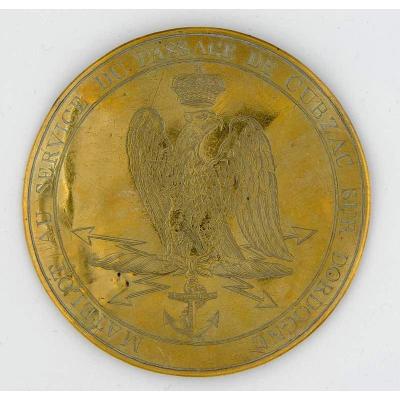


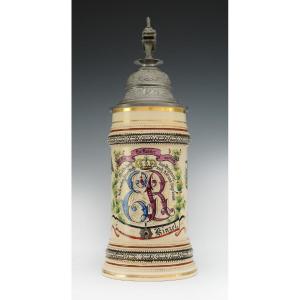

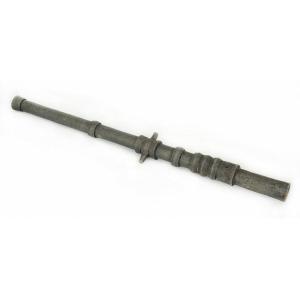
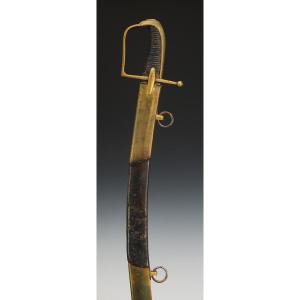
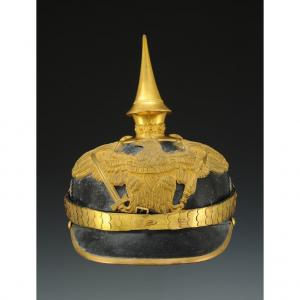

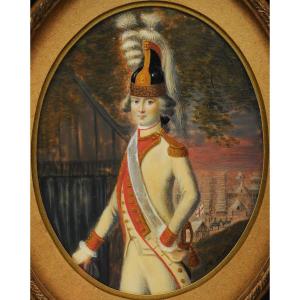

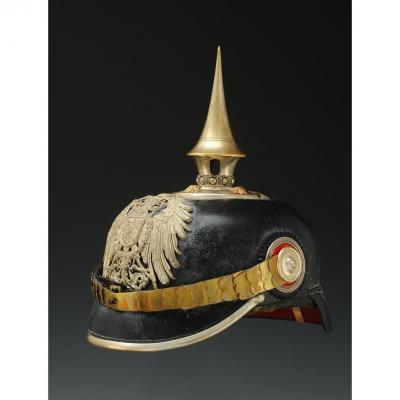
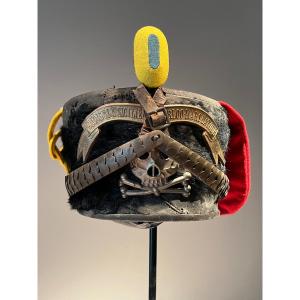
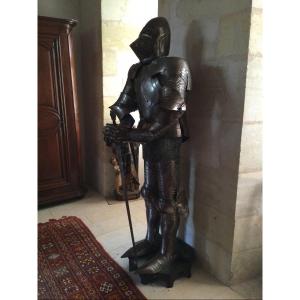
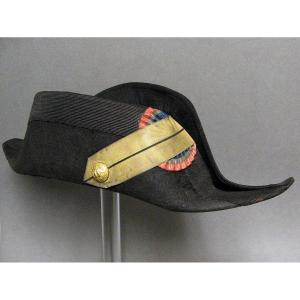

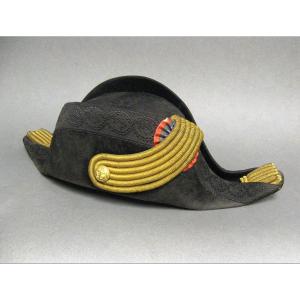



 Le Magazine de PROANTIC
Le Magazine de PROANTIC TRÉSORS Magazine
TRÉSORS Magazine Rivista Artiquariato
Rivista Artiquariato